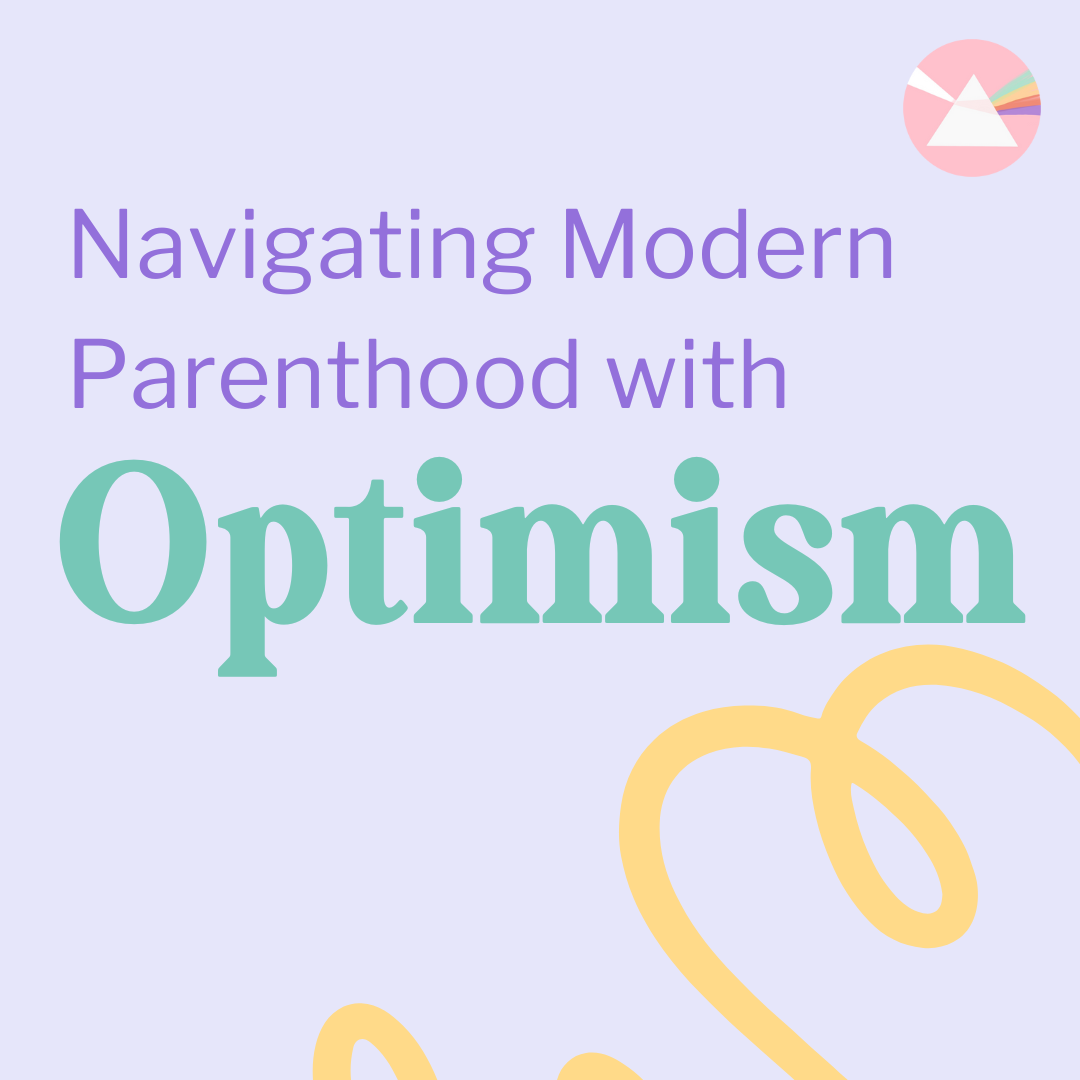How Often Should I Practice Gratitude?
Listen to this blog post as a podcast
Experts like Dr. Scott Barry Kaufman and Dr. Laurie Santos say you can experience a real bump in your overall well-being by adding a repeating gratitude practice to your daily life. And I want you to feel that bump because I know you need it. However, we aren’t going to get there without doing the work.
Sure, writing in a gratitude journal once definitely improves your mood. But it’s like exercise: If you want results, you need to stick with it. You aren’t going to improve your heart health with a week of gym workouts - it’s more likely that an overall lifestyle change of consistent exercise, healthy eating, more water, and fewer determinantal choices will make the difference.
Committing to methods that positive psychologists have proven beneficial means making a lifestyle shift.
It also means trying out things that may or may not work - for me, it was gratitude. For a friend, it was self-compassion.
Look, when I committed to daily exercise, I started with HIIT workouts - and I hated doing them, but as soon as I switched to walking every day, my mood improved, and so did my health. For me, gratitude works - and it may work for you - but you won’t know until you give it an honest try to commit to and start the daily work.
And the question I usually get next is – is a daily or weekly reflection the most effective? Well, even though I am a proponent of making a daily list of things you are grateful for, I also know that science goes back and forth on this. In that way, it is different than exercise (although we all know the importance of a rest day for our body and stamina).
Some studies show if you save up all your positive emotion work for one day a week, it may have a bigger impact on your mental health than doing it every day. My issue with a weekly practice is I just don’t see us busy moms sticking with a one-day-a-week habit, I can barely remember which day my son has piano - but I brush my teeth every day and even remember deodorant.
In this study, named: Pursuing Happiness: The Architecture of Sustainable Change – they conclude it’s the intensity of the feeling that is lost if we, as they did, go out and try to do one good thing for other people every day. They found the positive benefits of that act were actually less impactful because it got folded up into all the other kind things we do regularly. But if we were to do like 5 or 6 awesome acts of kindness in one day - well yeah, I would remember that a lot longer, that’s for sure.
But what this particular study does not consider is something I know well - everyday parenting life. Even before I had kids of my own, as a professional nanny, it was my job to understand the demands of modern parenting. I know the ebbs and flows of sicknesses, disasters, regressions, and LIFE. Life happens with kids.
And that’s the main reason I stand by a daily practice as the most impactful way to practice gratitude for parents because the real secret is…I know you're not gonna do it every day – I just know it. Catastrophes happen every other day - and the gratitude list will be the first thing to go. I know it because it happens to me too.
And so I’m going to stick to this “every day” thing here because I want you to experience the cognitive changes that really do happen if, in reality, you only end up practicing 2 or 3 days as a result of our hectics lives. THAT’S A WIN in my book.
The other reason I think daily practice is doable is that I believe we have more to be grateful for than people without kids. Is that going to get me in trouble? Probably, but we are keeping small humans alive here - small humans and sometimes multiple humans at once!
The way I define gratitude changed when I had kids. I am not talking about your average “Thank You” card here. I believe that when you become a parent, gratitude just hits differently. And so we are talking about what I call: Parental Gratitude.
My definition goes beyond the altruistic acts of traditional gratitude. I think it is more intangible than that, more closely related to what some researchers call Existential Gratitude - like the deep gratitude we feel just to be alive. In 2019, Dutch researchers Lillian Jans Beken and Paul T.P Wong found that existential gratitude is distinct from the more general dispositional gratitude. Look, I use them both, to be honest, when I make a list, but if you are looking for a high level of intensity, the gratitude I feel surrounding my children is the one. For me, parental gratitude is as easy as finding something to be grateful for when you go for a walk. And so, based on this, can you make a list of 5 to 10 things each day with the intensity needed to really feel them and have them stay? I think so. And if you can’t do 10, do 4 super deeply.
And finally, the last reason I strongly encourage you to practice daily is the value you will get from pushing through the more challenging days to do it.
“There will be days when you feel like doing anything other than finding reasons to be grateful, but pushing through these days will empower you and help you build the strength and resilience necessary to push through other challenges.” - says JASON MARSH, the executive director of The Greater Good Science Center at Cal Berkeley
And so, I have a few gratitude practice options for you:
You can do the 3:33 pm Alarm - click here for more on that one.
You can choose a weekly Gratitude Day where you journal or choose a gratitude practice that you engage intensely with throughout the day, and you do it every week.
Or finally, if you want to give the daily habit a try, you can Habit Stack - this means finding another habit you are already committed to, like brushing your teeth, skincare, drinking that afternoon cup of coffee, and adding your gratitude list to that time. “Every day when I have a second cup of coffee I will list 4 things I am grateful for.”
Finally – take breaks from your gratitude routine if you feel like the effects are not as strong or you are not feeling your thankfulness intensely as you had in the past.
I have had this happen numerous times over the past 4 years. I simply take a break for a month or two, and when I begin to feel like something is off again, I remember to pick it back up. As my favorite gratitude researcher Professor Emmons says: “We adapt to positive events quickly, especially if we constantly focus on them,” “It seems counterintuitive, but it is how the mind works.”
So not that you need it, you have my permission to take a few days off, and don’t get discouraged! This isn’t everyone’s stepping stone to a more mindful parenting experience, but it is for some, and I hope you give it a solid try before moving on to something else. And remember, you are a Good AF Mom already. - Stef


























